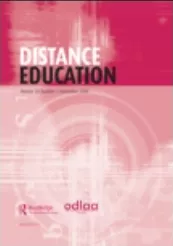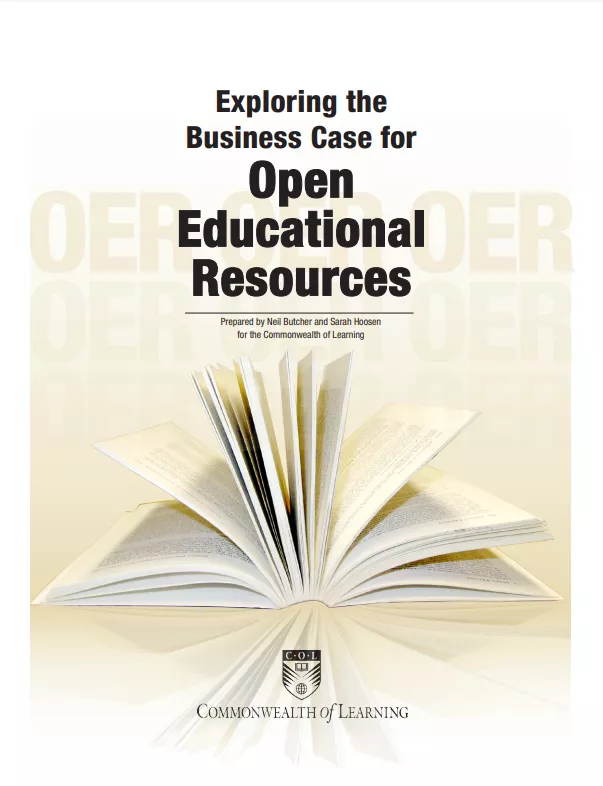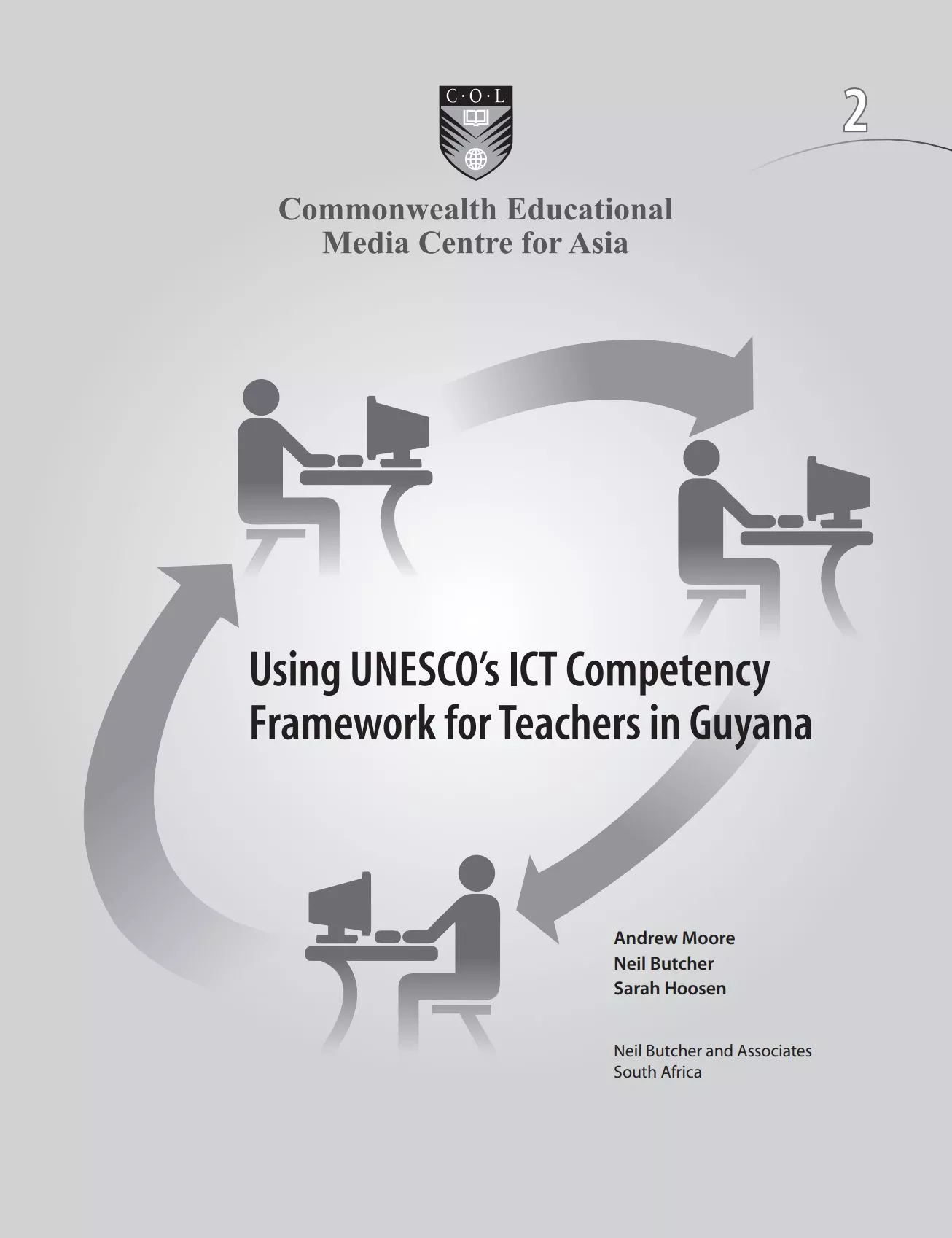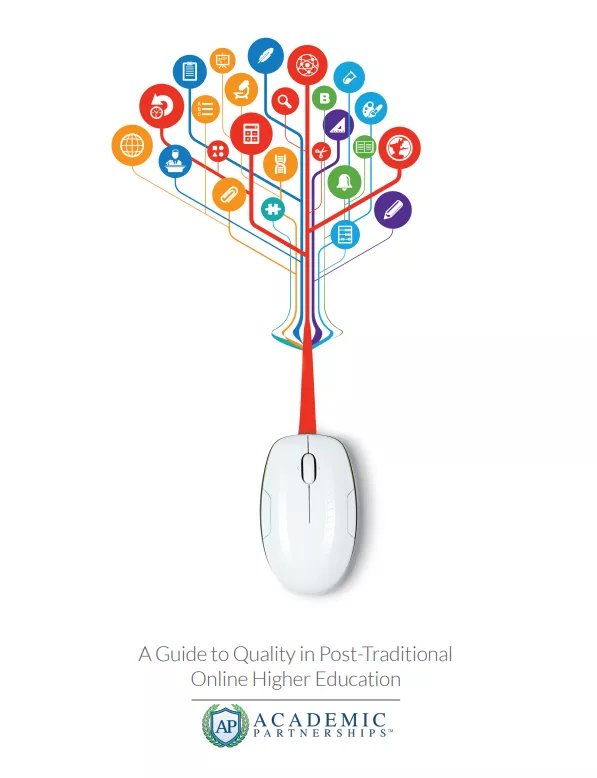Study on Public-Private Partnerships in Information and Communication Technology (ICT) for Education
The idea of Public-Private Partnerships (PPPs) has generated growing interest from governments around the world as a possible mechanism for developing and sustaining public infrastructure and services. For example, PPPs were identified at the 2002 World Summit on Sustainable Development as significant tools for achieving global sustainable development. Many governments are turning to the private sector for the financing, design, construction and operation of infrastructure projects.





